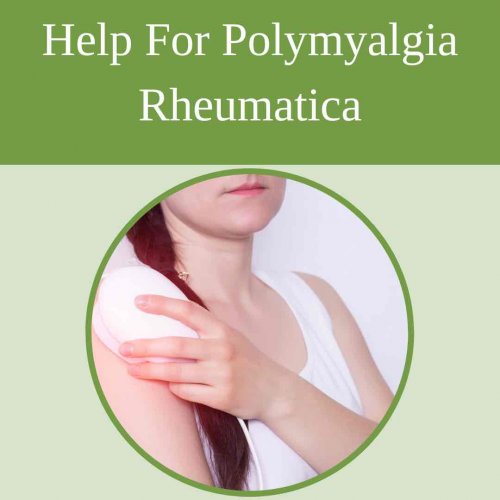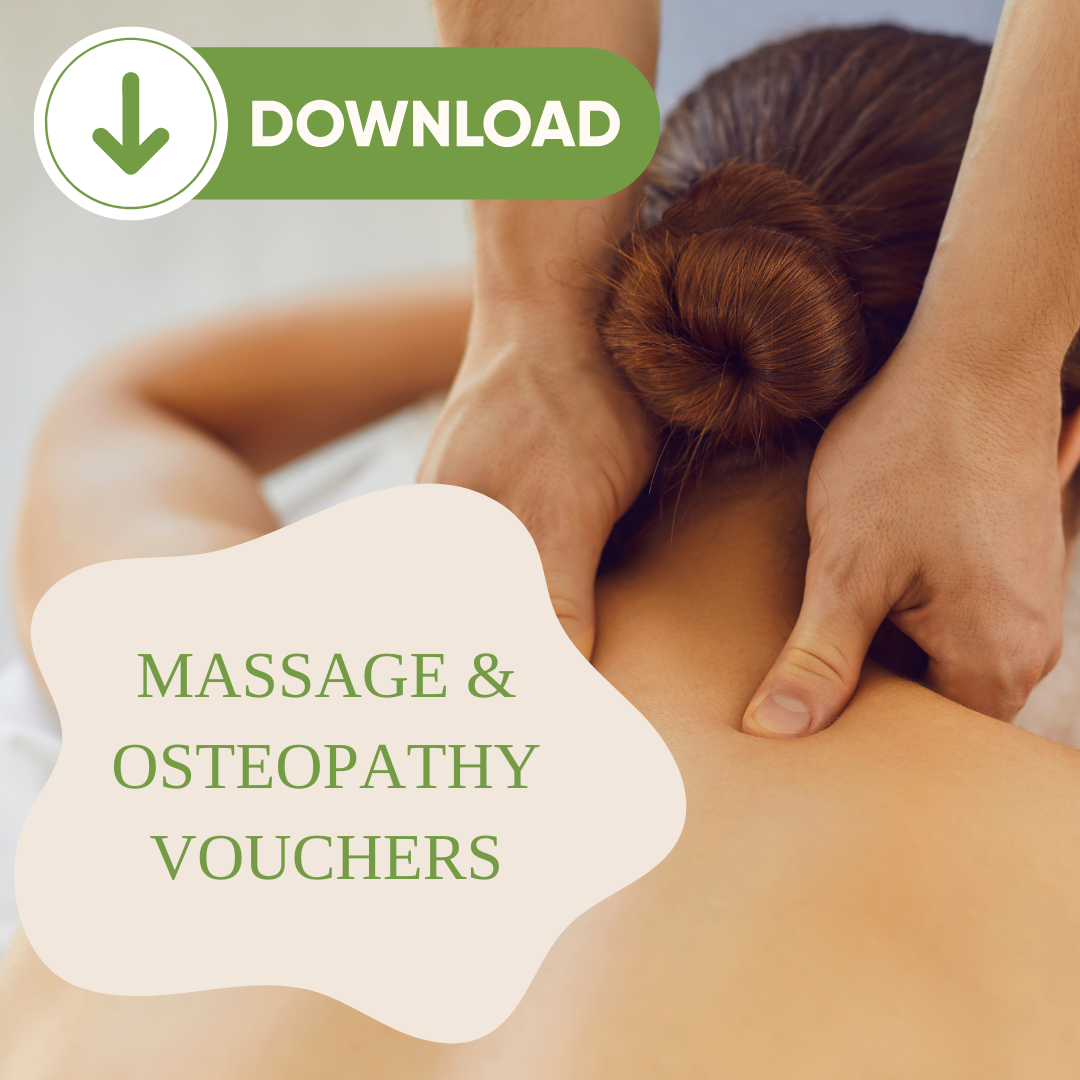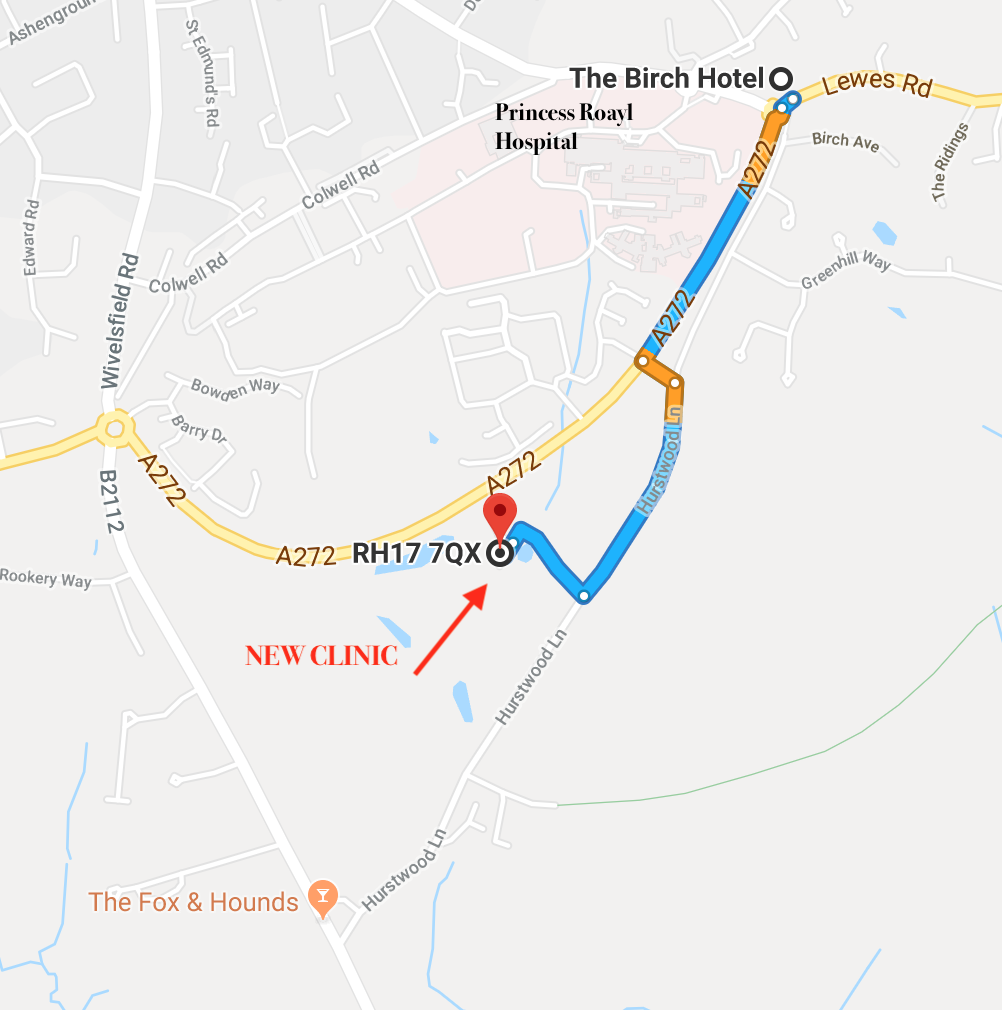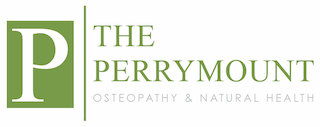This Blog delves a little into Polymyalgia Rheumatica which is a condition that our osteopaths see on a reasonably regular basis. I have chosen to write more in-depth about this condition as we have been seeing more auto-immune type issues in clinic which have been showing themselves as longterm chronic pain.
This is a condition that isn’t a “1-click fix” type issues but rather has a longer, holistic treatment plan associated with it where we hope to make initial improvements and then maintenance to appointments to hold the improvements into the future.
At The Perrymount we are really well positioned to help PMR due to having such a holistic approach available including osteopathy, massage, exercise rehab, laser therapy and naturopathy. In future newsletters I will look into nutrition and laser therapy for PMR and other chronic conditions. We also have Kate, one of our osteopaths, that has specialist training helping longterm, chronic pain. If you wanted to call and have a chat to Kate then please do, our number is 01444 410944.
We also have a chronic pain quiz you can take here:
https://www.theperrymount.com/chronic-pain/
At the end of this newsletter is a reminder of the amazing “refer-a-friend” offer we have on the PureHydro facial.
Understanding Polymyalgia Rheumatica and the Role of Manual Therapies in Pain Reduction
Introduction
Polymyalgia Rheumatica (PMR) is a chronic inflammatory disorder that predominantly affects older adults. The condition is characterised by widespread pain and stiffness in the muscles, primarily in the shoulders, hips, and neck. Although the exact cause of PMR remains unclear, evidence suggests that it may involve an exaggerated immune system response.
Managing the symptoms of PMR can be challenging, but manual therapies such as osteopathy and massage have shown promising results in reducing pain and improving quality of life for affected individuals.
Understanding Polymyalgia Rheumatica
Polymyalgia Rheumatica is an autoimmune disease that occurs when the immune system mistakenly attacks healthy tissues in the body, leading to inflammation of the synovial membranes surrounding joints and tissues. Common symptoms of PMR include severe pain and stiffness in the affected areas, leading to reduced mobility and function. The condition often presents with fatigue, fever, and weight loss, making it even more debilitating for those affected.
Manual Therapies for Pain Reduction in Polymyalgia Rheumatica
Osteopathy:
A research study published in the Journal of Complementary Medicine reported that osteopathic treatment significantly reduced pain and improved physical function in patients with PMR. The study included a group of individuals who received osteopathy in addition to conventional treatment, and they showed greater improvements in pain scores and functional ability compared to the group receiving only conventional treatment.
Another study published in the Journal of Bodywork and Movement Therapies found that osteopathy was effective in reducing muscle stiffness and improving range of motion in patients with PMR. The researchers suggested that regular osteopathic treatment could potentially lead to a reduction in the need for pain medications.
Massage Therapy:
A trial published in the Journal of Clinical Rheumatology investigated the impact of massage therapy on pain and quality of life in patients with PMR. The results showed that regular massage sessions led to significant reductions in pain intensity and improved overall quality of life.
Another study published in the Journal of Manipulative and Physiological Therapeutics demonstrated that massage therapy helped reduce the levels of pro-inflammatory cytokines in patients with PMR. By decreasing these inflammatory markers, massage therapy may contribute to a decrease in pain and inflammation associated with the condition.
Conclusion
Polymyalgia Rheumatica can significantly impact the quality of life of affected individuals, causing pain, stiffness, and reduced mobility. While the exact cause of PMR remains unknown, manual therapies such as osteopathy and massage have shown promise in reducing pain and improving physical function in patients. These therapies offer non-invasive and drug-free approaches to manage the symptoms of PMR, providing patients with a potential means to enhance their overall well-being.
Our osteopaths and massage therapists are very often working with patients that are taking painkillers for chronic pain and we will take a full case history to understand this. Also our treatments can be both gentle or firm.This is very important to understand, that our treatments are always individually catered to the patient.
As already mentioned if you have any questions about longterm, persistent pain then please give us a call and speak to one of our osteopaths. Also have a look at this page that has been prepared by Kate Nunn who specialises in chronic pain treatment to learn more -->
https://www.theperrymount.com/chronic-pain/
Blog post | The Perrymount Clinic 01444 410944
Call to book or for more information 01444 410944

Help for Polymyalgia Rheumatica


The Perrymount Clinic
Unit 5
Hurstwood Grange
Hurstwood Lane
Haywards Heath
West Sussex
RH17 7QX
01444 410944
info@theperrymount.com
